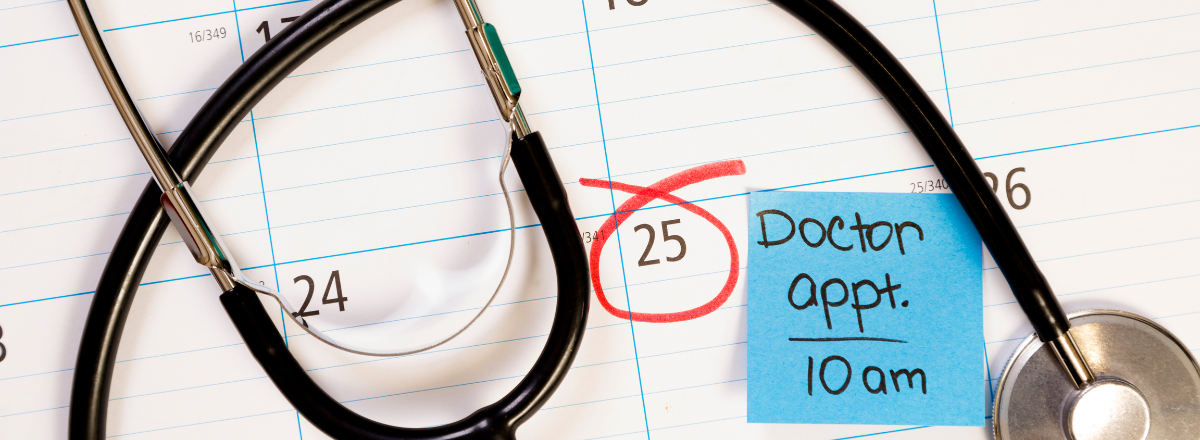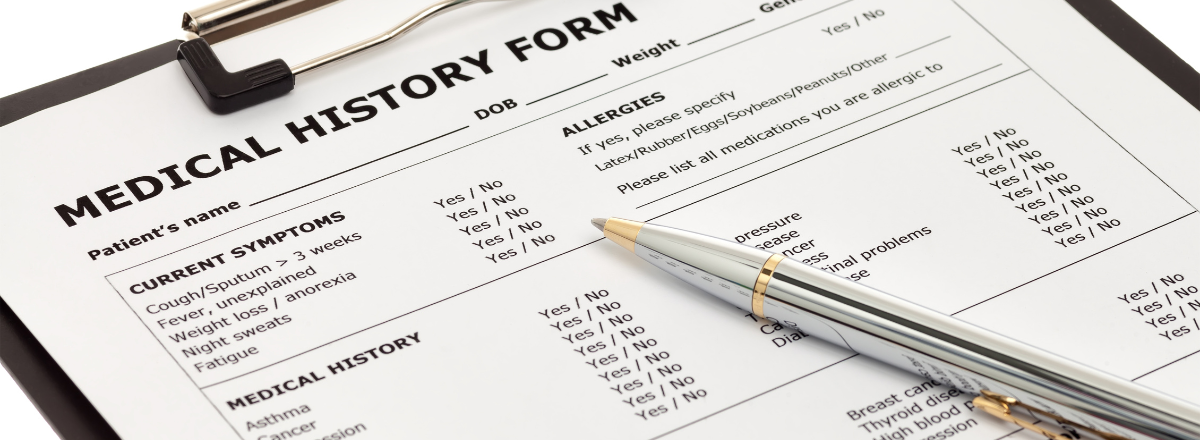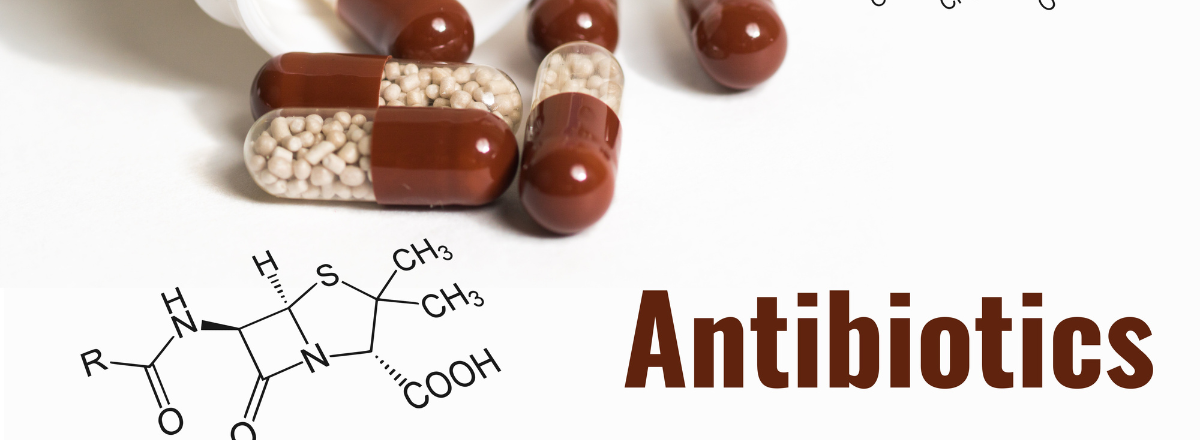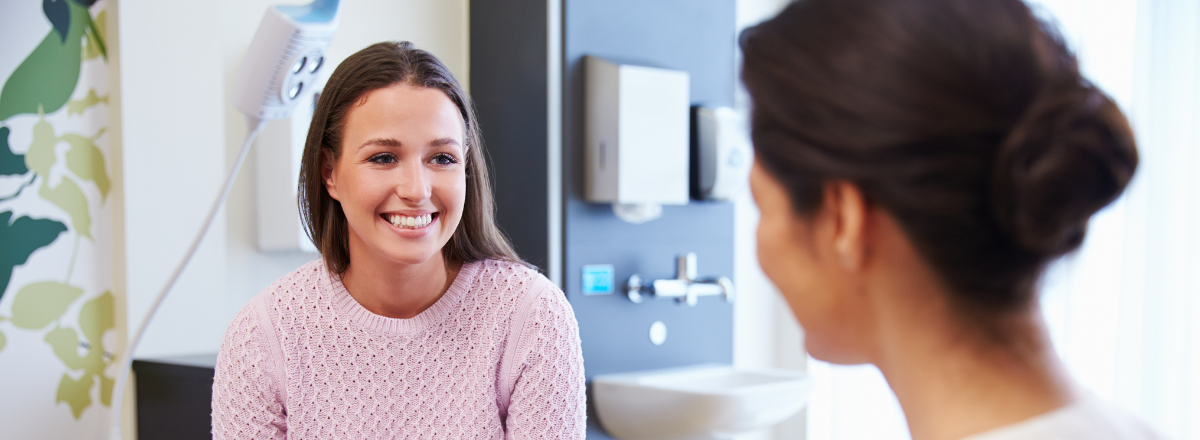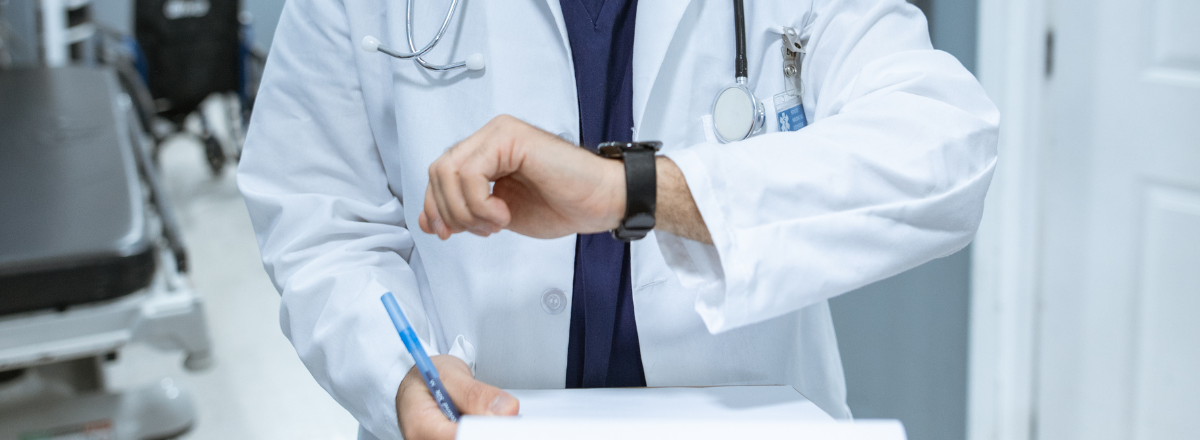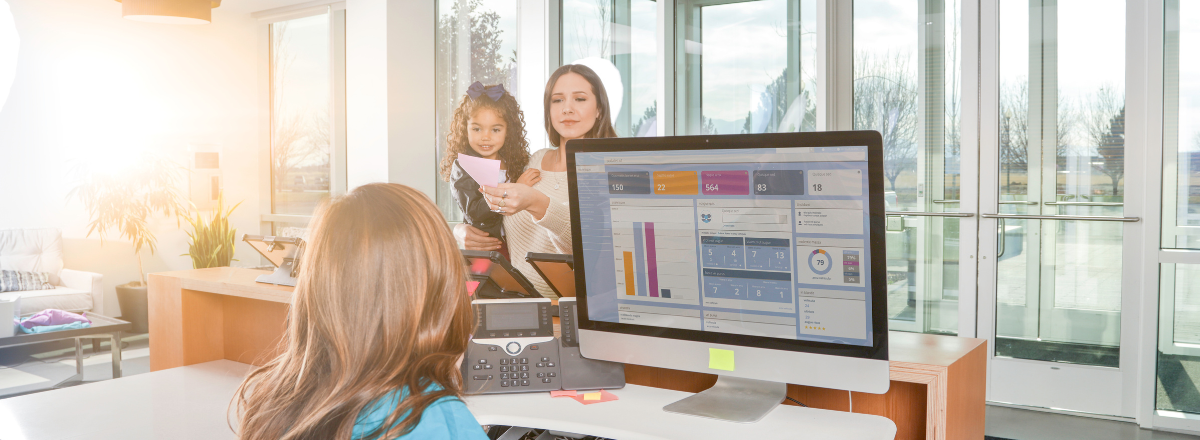There’s no doubt that getting to see a doctor these days can be tricky. That’s where ZoomDoc can help – it’s taking pressure off the NHS by giving patients who’re short on time or worried about something, the chance to speak to a doctor privately, via an app.
But, whether you take us up on this service or stick with seeing your regular GP, how do you make sure you use the time wisely? And what do doctors really want you to know before they see you?
ZoomDoc GP, Dr Jenny Ellenbogen shares her tips for getting the most out of those precious 10 minutes with a doctor, including why antibiotics aren’t always what the doctor will order.
Need a GP referral? ZoomDoc provides same-day GP referral letters for as little as £35 with no appointment required.
1. Be honest with your GP
There’s no point sugar-coating something that’s really worrying you or is really painful. If we don’t know how bad something is or what the problem really is then we can’t help. Tell us the complete truth and you’ll get diagnosed or treated much quicker for most things.
2. Help us help you
We only have 10-minute appointments to be able to discuss something with you, so bear that in mind. If you have a few things, let us know at the start of the appointment and we can help prioritise which is most important and which you may need to come back about. Don’t wait until the last minute to tell us the real problem.
And the more armed with information you can be, the more we can help. So if you’re having problems with your periods, for example, track them and know where you are in your cycle with any symptoms recorded and we can start to form a picture quicker.
Need a same-day GP consultation? Download the ZoomDoc app for instant GP video calls.
3. Know your family’s health history
Ask your immediate family or blood relatives, such as parents, aunties, uncles and grandparents about their health. So many diseases are hereditary and it can be really useful for you and your doctor to know if something’s in the family. For example, having a mother, sister or daughter diagnosed with breast cancer approximately doubles the risk of breast cancer. Knowing and sharing this information means your doctor can keep a close eye on you – and you’ll be more likely to check regularly for lumps and changes, too.
4. Antibiotics aren’t always the answer
Antibiotics are really only helpful in treating specific infections caused by bacteria. Using them for common viruses, as unwell as you may feel, will have no effect whatsoever. Taking antibiotics when you don’t need them can also mean they won’t be as effective when you do really need them. If you’re feeling unwell with something that’s not responding to regular painkillers, get worse, or have a persistent fever, do speak to a doctor, but don’t assume antibiotics will be prescribed.
That said, if you are given antibiotics, make sure you understand how to take it and when before you leave (you can always double check with the pharmacist dispensing it, too) and be sure to finish the course, even if you start feeling better.
5. Don’t feel embarrassed
We’ve seen it all before, we promise! Whether it’s a rash down there, problems with your poo or pain during sex, we’re GPs and it’s our job to hear the problem and work out how to treat it. Feeling embarrassed for a few minutes is a lot better than being in pain, or worse, needing treatment for something that’s actually quite serious, like cancer.
Cancer warning signs to watch out for
6. Don’t waste your time (or ours!)
There are certain services offered by your doctor that you can actually get elsewhere. Take sick notes and other medical letters, for example. These are available via your NHS GP but you’ll have to book an appointment, explain what you’re after and then come back and pick it up. Plus, you’ll still have to pay for it. All that takes up an unnecessary appointment and costs you time and money.
A much better option is to get any sick notes, ‘fit to fly’ certificates, private medical referral letters and more directly from ZoomDoc’s medical letter service. Simply select the letter or certificate you need, buy it for as little as £35 and you’ll be sent it same-day, without needing to even leave the house.
On another note, if you do make an NHS appointment and no longer need it, make sure you call up to cancel. Latest statistics reveal more than 15 million GP appointments are wasted each year because patients simply don’t turn up.
7. Tell the receptionist what it’s for
If you’re trying to get a GP appointment, it can help if you disclose what it’s for. That way they can help get you seen as urgently as it’s required, either with a face-to-face or phone appointment.
Don’t think they’re being nosey, they’re trained to help prioritise during busy periods and want to make sure people who really need to see a doctor get an appointment.
As above, just remember to call them to cancel an appointment, as well as to make one!
What questions do GPs ask?
Depending on your reason for visiting a GP, they will ask you a number of questions related to your general health, your symptoms (if applicable), any medication you are currently being prescribed. A GP may also ask about the health of your family if it pertains to the issues you are facing, which may help them better diagnose a condition or recommend treatment.


